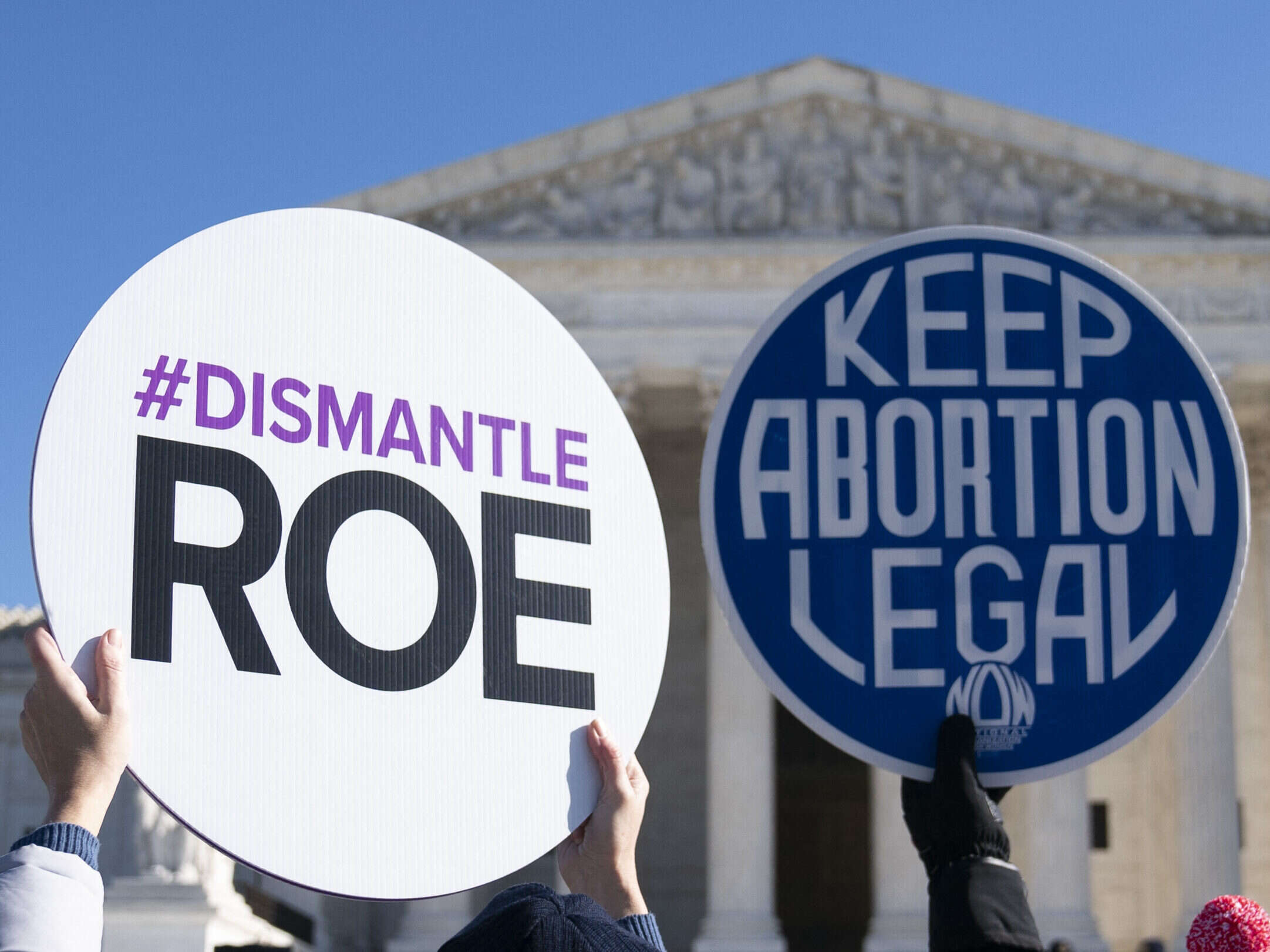
BBC Radio 4 Today presenter Amol Rajan was criticised at the weekend after he described anti-abortion viewpoints as “pro-life”.
The BBC News style guide instructs staff to use the term anti-abortion instead of pro-life.
But Press Gazette analysis has found the term, which feminist organisations say stigmatises abortion, still regularly pops up in some UK publications.
Rajan used the term “pro-life” three times on an episode of Radio 4’s Today programme on Saturday.
Speaking with BBC North America editor Sarah Smith in the wake of the overruling of Roe v. Wade in the US, Rajan said that “for the pro-life groups, for the pro-life coalition… there’s a lot more that they want to achieve”.
He later said while conducting an interview: “The argument from the pro-life organisations is that life is life.”
The usage drew criticism from the deputy leader of the Women’s Equality Party and chair of the UK campaign group Abortion Rights. The latter told The Guardian: “Pro-life for who? Women die when they don’t have access to safe abortions.”
Rajan has not commented on the backlash, and the BBC said only: “The style guide suggests anti-abortion as the preferred term, but the use of the term pro-life by presenters and contributors is not against the BBC’s editorial guidelines.”
Press Gazette found Rajan was far from the only British journalist to have used the term recently.
Some 15 of the 18 national UK publishers analysed by Press Gazette have referred to anti-abortion views as “pro-life” at least once in the past year.
Press Gazette found the references using Google's site-specific search function. The count excluded any uses of the term "pro-life" that appeared in quotes, opinion articles or captions, and only looked at uses in text - meaning video or audio usage was excluded. (A full list of the uses found is here.)
Mail Online made by far the most frequent references to "pro-life" groups of any publisher assessed: Press Gazette found 75 articles using the phrase on the site in the past year. In most cases, the articles used the phrase more than once in a single story. The articles tended to freely switch between using "pro-life" and "anti-abortion".
The figure does not include Mail Online's own story about the Amol Rajan controversy.
In line with its style guide, the BBC rarely uses the term "pro-life": Press Gazette found only one use of the phrase - on Monday, two days after the Rajan broadcast. The Guardian, which broke the Rajan story, also racked up a single use in an article related to the Australian election.
Also using the term once were the politics-free Daily Star and politics-heavy GB News. (Full disclosure: Press Gazette also carried one reference, in a March news diary provided by partner Foresight News.)
After the Mail, The Telegraph wrote the most about "pro-life" beliefs, with 18 articles using the phrase. It was followed by The Times, with 14.
The Independent, formerly edited by Rajan, and Sky News each used "pro-life" ten times - the most of any publisher not aligned to the right. The Sun used the phrase nine times, the FT eight, and the i four.
Neither 5 News nor Channel 4 News used the phrase "pro-life" at all in the year - although neither broadcaster publishes predominantly in text. The conservative Daily Express does, however, and also scored zero.
Picture: Alex Edelman/AFP via Getty Images
Email pged@pressgazette.co.uk to point out mistakes, provide story tips or send in a letter for publication on our "Letters Page" blog
